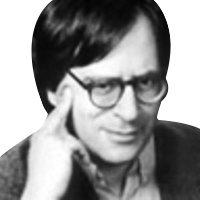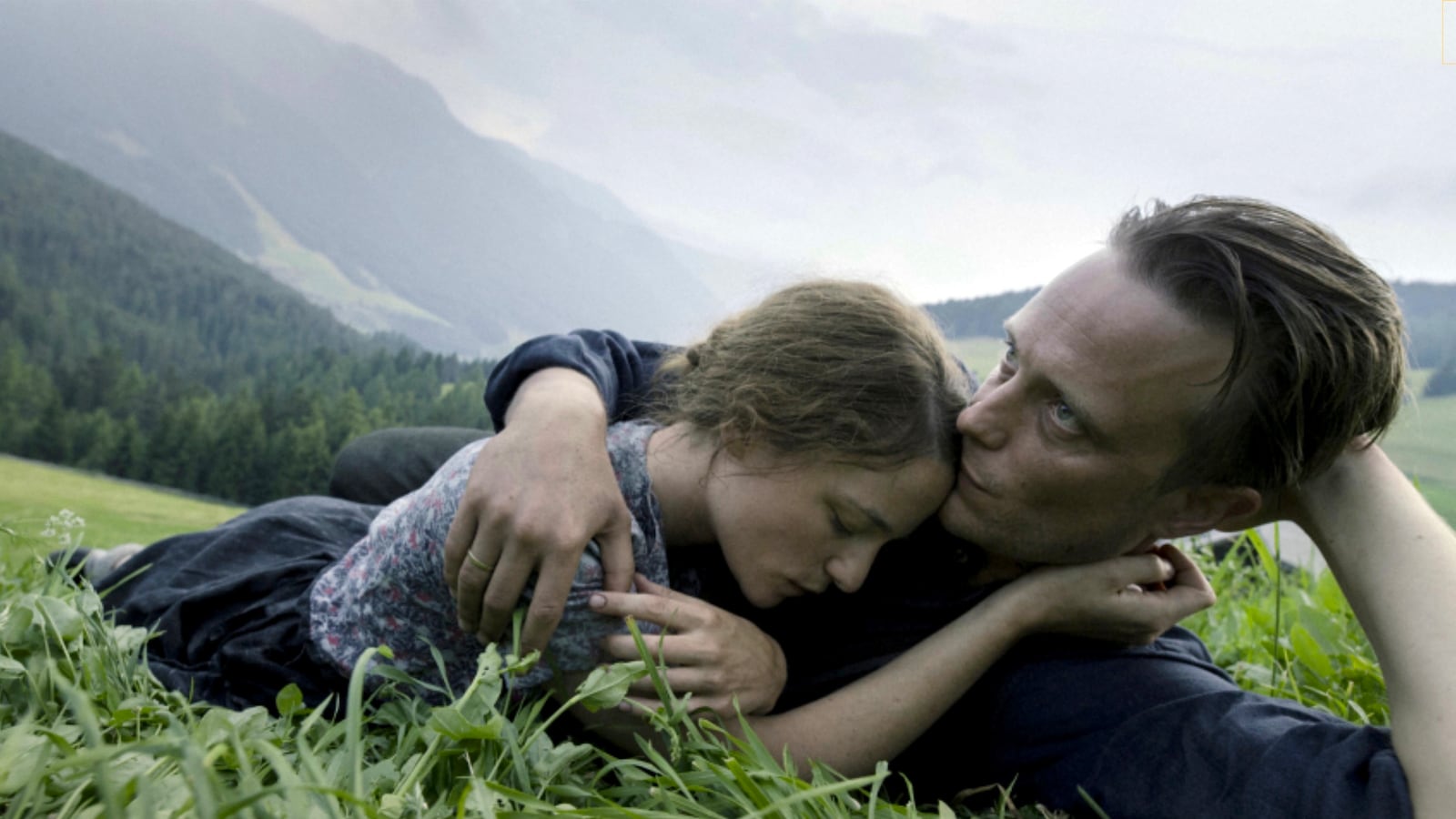CANNES, France—Since his comeback in 2011 with the Palme d’Or winning The Tree of Life, Terrence Malick’s 20th-century films have generated a considerable amount of critical division. His admirers consider him a genius, whose approach combines a mastery of cinematic technique with a rare sensitivity to undogmatic religious fervor. His detractors chide him for falling prey to what they consider irksome stylistic tics and a spirituality that sometimes verges on New-Agey sentimentality.
Wherever one comes down in this debate, it’s difficult to dispute that the subject matter of his new film A Hidden Life, which premiered in competition in Cannes on Tuesday, is almost tailor-made to fit Malick’s cinematic agenda. The based-on-fact saga of the Austrian farmer Franz Jägerstätter (August Diehl), whose refusal to swear allegiance to Hitler and serve in the army during World War II led inexorably to his execution in 1943, possesses all of the elements of an archetypal Malick film. The director has a well-known penchant for protagonists who spurn the material world for higher spiritual callings. In addition, focusing on Jägerstätter’s hometown, the idyllic mountain village of St. Radegund in Upper Austria, allows Malick to indulge his fondness for capturing achingly beautiful natural landscapes. Franz’s crisis of conscience, moreover, enables Malick to explore how his hero’s status as an intransigent conscientious objector helped him to deploy his Christian faith as a weapon against both the Catholic Church, whose officials were terrified of Nazi retribution, and craven bureaucrats.
Some viewers will certainly be unnerved by Franz’s political naïveté. His resistance to Nazism is fueled less by ideological considerations than by a simple belief that the Third Reich’s tenets are un-Christian. The protagonist is something of a holy fool, who mouths heartfelt, but banal, sentiments such as “What’s happened to our country, to the land I loved?” Be that as it may, Malick’s script, which freely appropriates fragments from Jägerstätter’s correspondence with his wife Franziska (Valerie Pachner), ultimately convinces us that Franz’s quiet earnestness is as effective in its own right as more fiery modes of resistance.
It’s quite clear that, compared to the Jews, Gypsies, and gays persecuted by the Nazis, Franz is in a privileged position. Perhaps, appropriately for Malick, who once translated one of Martin Heidegger’s essays into English, Jägerstätter’s calm non-conformism is borne out of existential choice, not brute necessity. The film attempts to negate the consensus of the Austrian establishment, the insistence of prelates and lawyers alike that Franz’s act of defiance will have no effect on the status quo and might in fact reinforce it. But his obliviousness to these kinds of rationalizations gives the film its cumulative power. The contrast between Franz’s claustrophobic prison cell and the pristine natural beauty of his hometown, where his dutiful wife farms the crops and cares for his three daughters, is undeniably moving—even if, unlike Malick and some of his acolytes, one remains a devout atheist.

Working with the cinematographer Jörg Widmer, Malick’s trademark aesthetic ruses—long takes, the use of an anamorphic lens to create both oblique and distorted compositions, and relentless forward tracking movements—prove particularly effective. Even though the visual style of Malick’s recent films such as Knight of Cups and Song to Song seemed increasingly mannered, A Hidden Life’s virtuosic aesthetic choices, which include a host of musical snippets from a range of composers from Bach to Henryk Gorecki, are perfectly suited to the film’s somber themes.
Similarly, there’s an unadorned simplicity to August Diehl’s performance as Franz and Valerie Pachner as his long-suffering wife. In smaller roles, the late Bruno Ganz and Franz Rogowski (known for his recent starring role in Christian Petzold’s Transit) are unobtrusively effective.
At a time when the far-right is gaining influence in both Europe and the United States, Malick’s portrait of a selfless altruist goes against the grain of the narcissistic, every-man-for-himself impetus of contemporary political culture. A Hidden Life demonstrates that a respect for beauty can itself function as a political act.







